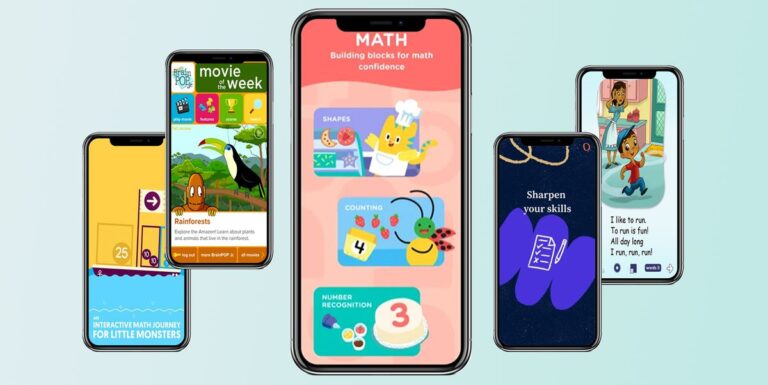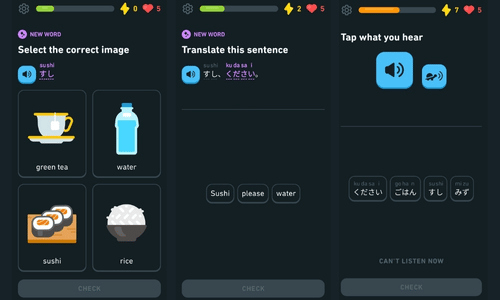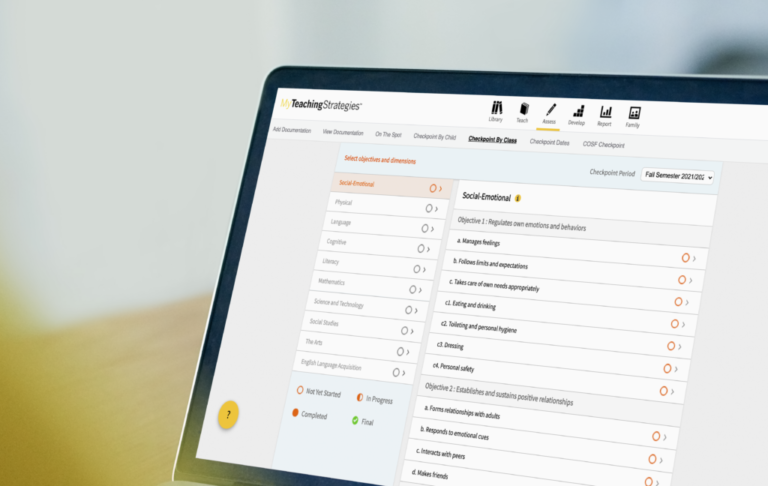Arabic is a beautiful language spoken by millions of people around the world. One of the first things you’ll want to learn when starting to study Arabic is how to say hello. In this beginner’s guide, we’ll cover the basics of saying hello in Arabic, along with some other important phrases and cultural customs you should be aware of.
Table of Contents
The Basics of Saying Hello in Arabic

Saying hello in Arabic is a bit different from saying it in English. The most common greeting in Arabic is “as-salaamu alaykum,” which translates to “peace be upon you.” This greeting is typically followed by the response “wa alaykum as-salaam,” which means “and peace be upon you.”
Other Common Greetings in Arabic

In addition to “as-salaamu alaykum,” there are a few other common greetings you might hear in Arabic. One is “marhaba,” which simply means “hello.” Another is “ahlan wa sahlan,” which roughly translates to “welcome” or “hello, it’s good to see you.”
Understanding the Importance of Greetings in Arabic Culture
In Arabic culture, greetings are taken very seriously. It’s considered impolite to enter a room or start a conversation without greeting the people you’re talking to first. Greetings are also an important way to show respect and build relationships.
How to Respond to Greetings in Arabic

If someone greets you in Arabic, it’s important to respond in kind. If they say “as-salaamu alaykum,” respond with “wa alaykum as-salaam.” If they say “Marhaba” or “Ahlan wa sahlan, you can simply say the same thing back to them.
Other Useful Phrases in Arabic
Once you’ve mastered the basics of saying hello in Arabic, there are a few other useful phrases you might want to learn. For example, “shukran means “thank you,” and “Taiwan” means “you’re welcome.” “Ma’a salama” is a common way to say goodbye, and “in shaa Allah” means “God willing.”
The Importance of Politeness in Arabic Culture
In Arabic culture, politeness is highly valued. It’s important to show respect to everyone you interact with, especially elders or people in positions of authority. Using polite language and greetings is a good way to show that respect.
Tips for Learning Arabic Greetings and Phrases
Learning a new language can be challenging, but there are a few tips that can make it easier. One is to practice regularly, even if it’s just for a few minutes a day. Another is to find a language partner or tutor who can help you practice and give you feedback hello in arabic.
Using Technology to Learn Arabic
There are also plenty of online resources and apps that can help you learn Arabic greetings and phrases. Some popular options include Duolingo, Rosetta Stone, and Babbel. These tools can be especially useful for practicing on the go or when you don’t have access to a language partner or tutor.hello in arabic.
The Benefits of Learning Arabic
Learning Arabic can be a rewarding experience for many reasons. Not only does it give you the ability to communicate with millions of people around the world, but it also opens up opportunities for travel, work, and cultural exchange. Additionally, learning a new language can help improve your cognitive skills and boost your overall brain function.
Conclusion
In conclusion, saying hello in Arabic is a great way to start your journey of learning this beautiful language. With a little practice and patience, you can master the basics of Arabic greetings and phrases, and gain a deeper understanding of Arabic culture and customs. Remember to always show respect and politeness when speaking with others, and to practice regularly to improve your skills. Whether you’re learning for personal or professional reasons, the benefits of learning Arabic are numerous and can have a positive impact on your life. So, don’t be afraid to dive in and start learning today!
Learn about: Ready to immerse yourself in the Italian language? Say ‘ciao’ to awkward introductions and ‘hello in Italian‘ to new connections with confidence








